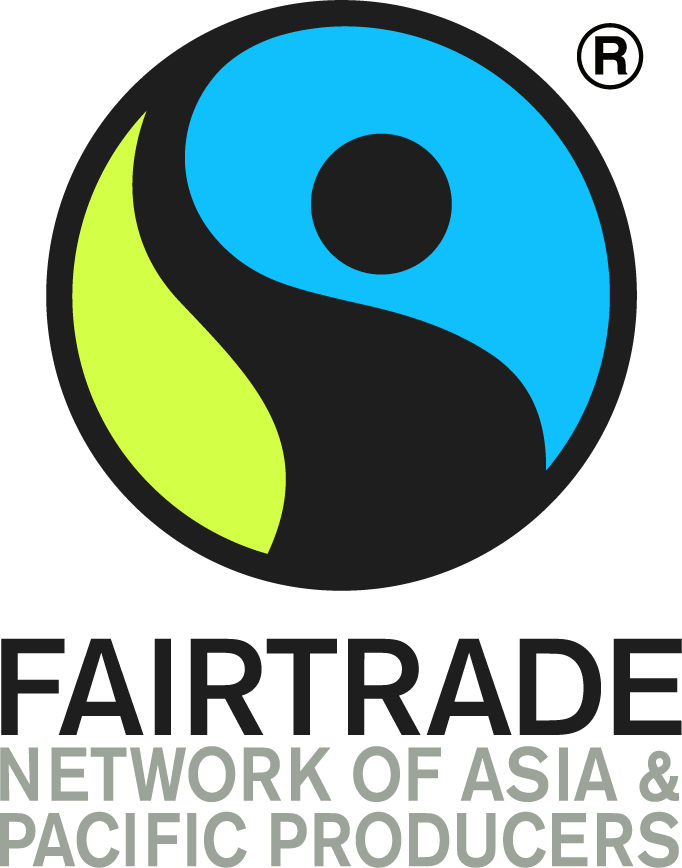Solar irrigation project co-funded by Fairtrade Germany slashes energy costs and prepares Fairtrade Pineapple Growers’ Group in Thailand for a greener future amid Climate pressures
Co-funded by Fairtrade Germany the project supports smallholder pineapple farmers to adopt clean and cost-effective irrigation solutions through the installation of solar cell water pumps benefiting 39 members (32 men, 7 women) and covering over 258 hectares of farmland.

In line with its ongoing commitment to strengthen producer capacity, enhance Fairtrade compliance, and build climate resilience among farming communities, Fairtrade NAPP recently concluded a high-impact field visit to the Fairtrade Pineapple Growers’ Group in Sam Roi Yod, Thailand. The visit, led by Sirisap Bijlmakers, Program Manager for Thailand, centered on evaluating the progress and outcomes of a solar-powered irrigation initiative launched in late 2024.
This project, co-funded by Fairtrade Germany supports smallholder pineapple farmers to adopt clean and cost-effective irrigation solutions through the installation of solar cell water pumps. Farmers in the region have historically relied on conventional energy sources for water pumping, facing rising fuel and electricity costs, particularly in the face of increasingly erratic climate conditions. The shift to solar-powered irrigation is helping mitigate these challenges by significantly reducing operational costs while ensuring a reliable water supply for crop cultivation.
The project was completed in 2024, benefiting 39 members (32 men, 7 women) and covering over 258 hectares of farmland.


Technology Overview & Environmental Benefits
The solar irrigation system functions by converting sunlight into electrical energy, powering pumps that extract water from natural sources like canals, ponds, shallow wells, and reservoirs. This eliminates the need for fossil fuels or grid electricity, thereby cutting energy expenses and reducing environmental impact.
Core benefits include:
- Up to 50% reduction in energy costs for farmers.
- Zero greenhouse gas emissions during operation.
- Increased crop yield and quality due to consistent irrigation.
- Feasibility for expansion in remote, off-grid farming locations.
Given Thailand's favorable sunlight conditions, the solar panels perform at high efficiency, making this a sustainable and scalable solution for smallholder agriculture.


Field Visit Objectives and Activities
The recent field visit served three main purposes:
- Good Agricultural Practices (GAP) assessment – Identifying opportunities for improvement in cultivation and trading processes.
- Capacity-building on Fairtrade standards – Delivering targeted training on certification, fresh fruit protocols, business development, and responsible use of the Fairtrade Mark.
- Project evaluation and farmer engagement – Collecting real-time feedback on the solar system's performance and its potential for long-term replication.
Through interactive sessions and one-on-one discussions, producers gained a deeper understanding of responsible supply chains, contract negotiation, and environmental stewardship—empowering them to advocate for more equitable market participation.


Voices from the Field
More than numbers and checklists, the visit sparked meaningful conversations and delivered tangible outcomes. Fairtrade consultants worked with the producer group to review existing trading practices, identifying areas where improved contract terms could lead to more equitable partnerships. On the ground, the impact of the solar pump system was clear—revolutionizing the way farmers manage irrigation and energy costs.
Mr. Witaya Mayuenyong, Farmer Meber
"I have been planting pineapples for 30 years and have been a Fairtrade member for 15 of those years. Being part of Fairtrade has provided the benefit of a secure market. Together with Fairtrade Germany, we co-invested in the solar pump project, which has helped reduce energy costs and increase our income."

Mr. Suwan Puntien, Farmer Meber
"I started using the solar pump in December 2024. It has helped me reduce my irrigation costs by around €35 per month. This project allows me to water my pineapples regularly, which has improved the quality of my produce. I expect to earn more from this crop as a result."

Mrs. Nipalin Muangmai; Farmer Member
"I am very pleased with the solar pump project. It has helped me reduce my energy costs by 50%. With the solar pump, I can manage my farm more efficiently. Even though we are affected by climate change, the solar irrigation system has improved the size of my pineapples. This project has played a key role in helping me maintain a stable income."

Building a Sustainable, Climate-Resilient Future
The Solar Irrigation Project aligns with Fairtrade NAPP’s strategic goals to:
- Promote clean energy solutions in agriculture.
- Improve compliance with environmental standards.
- Enhance market readiness and resilience among smallholder producers.
With local ownership and the support of global Fairtrade partners, this initiative sets a powerful precedent for combining sustainability, innovation, and fairness in agricultural systems. Looking ahead, there are plans to scale the model further by expanding solar pump access, adding energy storage units for 24/7 use, and encouraging broader adoption of renewable energy practices.
For the Fairtrade Pineapple Growers’ Group of Sam Roi Yod, this project is not just a technological upgrade—it is a step toward a more secure, sustainable, and climate-resilient future.
